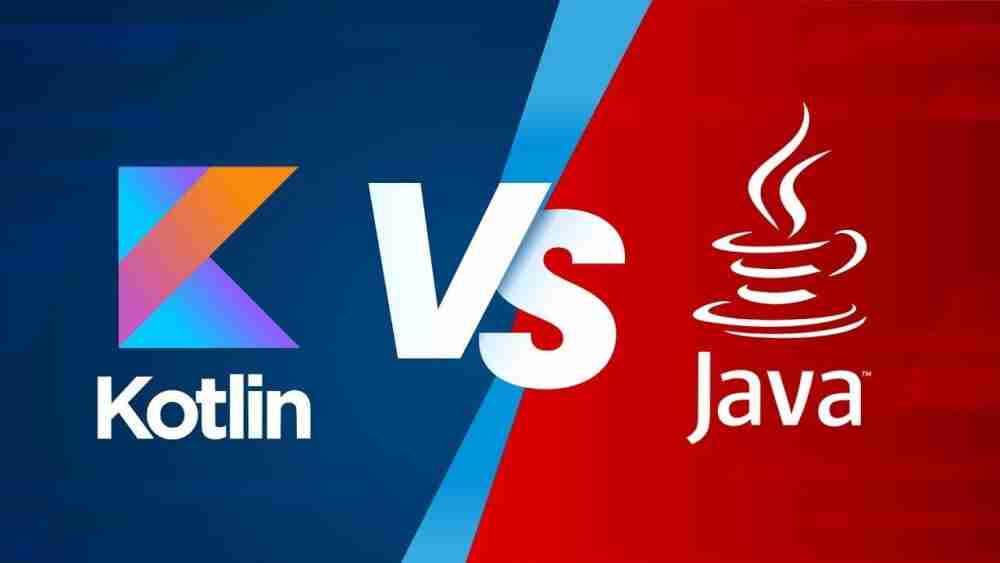Since its inception, the progression of Android development has been truly remarkable. With the rise of modern programming languages like Kotlin, developers are faced with the crucial decision of choosing the right language for their Android projects. In this article, we’ll delve into the pros and cons of two prominent choices: Kotlin and Java.
Kotlin: The Pros
Enhanced Productivity
Kotlin presents a more succinct syntax in contrast to Java, leading to reduced verbosity in code. This streamlined syntax translates to faster development times and increased productivity for developers.
Improved Code Readability
With features like data classes and extension functions, Kotlin code tends to be more readable and expressive. This makes it easier for developers to understand and maintain large codebases.
Null Safety
Kotlin’s type system includes built-in null safety features, reducing the risk of null pointer exceptions. This leads to more robust and stable Android applications.
Interoperability with Java
Kotlin is fully interoperable with Java, allowing developers to leverage existing Java libraries and frameworks seamlessly. This makes the transition to Kotlin smoother for teams with existing Java codebases.
Kotlin: The Cons
Learning Curve
While Kotlin is designed to be easy to learn for Java developers, however, there is still a learning curve involved, especially for those unfamiliar with modern programming concepts like functional programming and extension functions.
Limited Resources and Community Support
Despite its growing popularity, Kotlin still lacks the extensive resources and community support enjoyed by Java. Developers may find it more challenging to find solutions to their problems or access comprehensive documentation.
Java: The Pros
Legacy Support
Java has been the primary language for Android development for many years, resulting in a vast ecosystem of libraries, frameworks, and tools. This legacy support makes Java a safe choice for projects requiring stability and compatibility with older systems.
Vast Community and Resources
With millions of developers worldwide, Java boasts a massive community and a wealth of resources, including tutorials, forums, and online courses. This abundance of resources makes it easy for developers to find help and support when needed.
Mature Ecosystem
Java’s maturity as a language means that it has a well-established ecosystem of tools and frameworks, making it easier for developers to build robust and scalable Android applications.
Performance
While Kotlin offers many advantages, Java still holds its own when it comes to performance. Java’s mature runtime and optimization techniques result in efficient and fast-running Android applications.
Java: The Cons
Boilerplate Code
One of the main criticisms of Java is its verbosity, leading to excessive boilerplate code. This can make codebases more cumbersome and harder to maintain.
Verbosity
Java’s syntax tends to be more verbose compared to Kotlin, resulting in longer and more complex code. This verbosity can slow down development and increase the likelihood of errors.
Slower Development Compared to Kotlin
Due to its verbose syntax and lack of modern features, Java development often takes longer compared to Kotlin. This can be a significant drawback for projects with tight deadlines or limited resources.
Comparison
In a side-by-side comparison, Kotlin offers enhanced productivity, improved code readability, and null safety, while Java boasts legacy support, a vast community, and a mature ecosystem. When choosing between Kotlin and Java, developers should consider factors such as the learning curve, productivity, community support, and performance.
Use Cases
Kotlin is well-suited for projects requiring rapid development and modern features, while Java shines in situations where legacy support and performance are paramount. Real-world examples include startups and small teams favoring Kotlin for its agility, and large enterprises sticking with Java for its stability.
Industry Trends
Currently, Kotlin adoption is on the rise, with many developers and companies migrating from Java to Kotlin for Android development. However, Java still maintains a significant presence in the industry, especially in legacy projects and large enterprises.
Decision-making Factors
When deciding between Kotlin and Java for Android development, developers should consider factors such as project requirements, team expertise, and long-term goals. While Kotlin offers many advantages, Java remains a viable option for projects requiring stability and compatibility.
How can TechDotBit help you about Android development?
TechDotBit offers a variety of assistance for Android development. We provide in-depth tutorials and guides covering Kotlin and Java, along with tips, best practices, and troubleshooting solutions. Whether you’re a novice or an expert, our platform equips you with the knowledge and resources necessary to succeed in Android app development.
Reach out to us today in order to learn more about how we can help you create android applications in your organization.
Conclusion
In conclusion, both Kotlin and Java have their pros and cons when it comes to Android development. While Kotlin offers enhanced productivity and modern features, Java boasts legacy support and a vast ecosystem. Ultimately, the choice between Kotlin and Java depends on the specific needs of the project and the preferences of the development team.
FAQs
Which is easier to learn, Kotlin or Java?
Kotlin is designed to be interoperable with Java and is often considered easier to learn, especially for developers familiar with modern programming concepts.
Can Kotlin and Java be used together in the same project?
Yes, Kotlin is fully interoperable with Java, allowing developers to mix and match both languages within the same project seamlessly.
Is Kotlin replacing Java for Android development?
While Kotlin adoption is on the rise, Java still maintains a significant presence in the Android development community, especially in legacy projects and large enterprises.
Which language is more performant, Kotlin or Java?
Java tends to have better performance due to its mature runtime and optimization techniques, but the difference may not be significant in most cases.








